Team
Coordinator
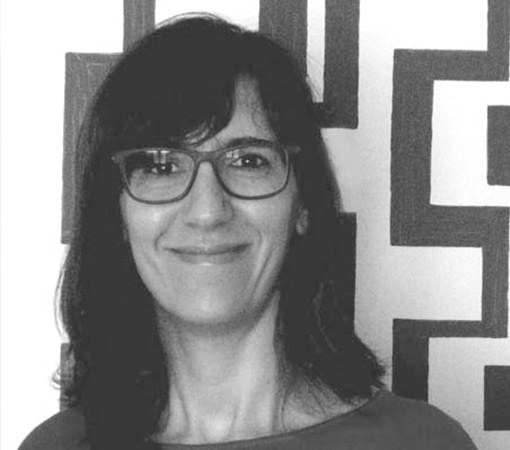
Sonia De Gregorio Hurtado
Chairholder of the Jean Monnet Chair RegenEU
M. Arch., PhD with European Mention. Professor in the Department of Urban and Spatial Planning of the School of Architecture, Universidad Politécnica de Madrid (UPM). Coordinator of the PhD Programme on Urban Sustainability and Regeneration of UPM. Her research focuses on the urban dimension of the EU policy and urban national policies, applying a multi-level and comprehensive approach. She has participated in and coordinated national and international research projects and is a member of international initiatives and committees on urban matters (EURA Governing Board, Coordinator of the RSA Research Network on Cohesion Policy –Cpnet, Member of the Tehcnical Committee of CONAMA, etc).
Her professional activity has been developed in parallel in the fields of urban planning and research on urban policies from the beginning of her career. She has been a researcher at CEDEX- Ministry of Public Works. She has also been a visitor researcher at the European Institute for Urban Affairs, the BOKU University (Vienna), the University of Trento, and the University IUAV di Venezia.
In 2017 she was nominated external expert for the development of the Action Plan of the Urban Poverty and Urban Regeneration Partnership of the Urban Agenda for the European Union. In 2019 she was contracted as an expert in the Urban Innovative Actions of the EU in the framework of the 4th Call on Urban Poverty and Urban Regeneration. She has contributed to the localization of the Agenda 2030 of Asturias and to regional urban agendas developed in the Spanish context: the Urban Agenda of Andalucía (led by UPO), and the Urban Agenda of the Basque Country- Bultzatu. Sonia has been one of the experts contributing to the prospective policy framework España2050, launched and led by the Presidency of the Government of Spain.
Team

Moneyba González Medina
Moneyba González-Medina is a lecturer and researcher at the Department of Political Science and International Relations at the Universidad Autónoma de Madrid (Spain). She holds a PhD in Political Science and Administration (Doctor Europeaus) and a Master Degree in Law (2000) and in Political Science and Administration (2002). She has been visiting researcher at the Centre for Urban Policy and Local Governance Centre (University of Western Ontario, Canada), Centre for Sustainable Planning and Environments (University of the West of England Bristol, UK), Department of Architecture and Urban Studies (Politecnico di Milano, Italy), among others. She has also worked as a researcher at the Galician School of Public Administration and at the Intellectual Property Service of the Regional government of Galicia. Her area of expertise encompasses public policy analysis and her research interest is focused on local governance, urban development policies, urban strategic planning, urban Europeanisation and public administration reform.
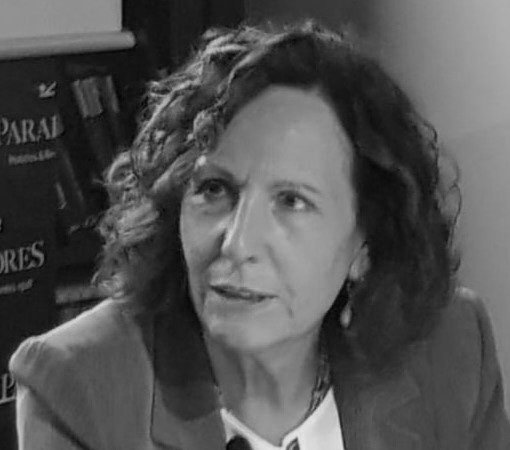
María Rosario Alonso Ibañez
María Rosario Alonso is Full Professor of Administrative Law. She has experience in the development of normative provisions on land and urban planning. She is the Coordinator of the Research Group on Legal and Social Planning and Sustainable Development at the University of Oviedo and of the Concepcion Arenal Chair for the Agenda 2030. She is also the director of the Thematic Network on Urban Development-URBAN RED. The multidisciplinary approach is the main feature of her research activity. She operates on matters related to legal and social aspects of urban planning, the environment and spatial planning, or related economic dimensions on urban and territorial sustainability. She has been Director General for Land and Urban Policies of the Government of Spain from 2008 to 2010, being responsible for the planning, impulse, management and coordination of the competences on urban planning and land in the hands of the Ministry of Housing.
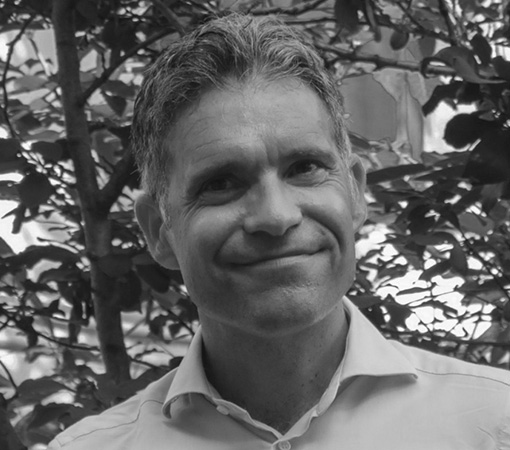
Iganzio Vinci
Ignazio Vinci is Professor of Urban planning at the University of Palermo, Department of Architecture. His research interests cover urban policy in Europe and Italy, urban regeneration and local development, strategic planning, innovation in planning and governance, mobility-led urban development. On these topics he has published around 160 scientific works, including books such as The Role of Sharing Mobility in Contemporary Cities. Legal, Social and Environmental Issues (Springer, 2020) and Urban Change and Regional Development at the Margins of Europe (Routledge, 2022). He served as consultant for international (EU, UN-Habitat), national (Ministry of Infrastructure, Ministry of Economy, Agency for Territorial Cohesion), and regional authorities in the design, implementation and evaluation of plans and programmes for territorial development. He’s currently principal investigator in the research project ‘Mapping the New Spatial Inequalities Within Southern European Cities’, involving six large European cities. Since 2021 he’s Vice-President of the European Urban Research Association (EURA).
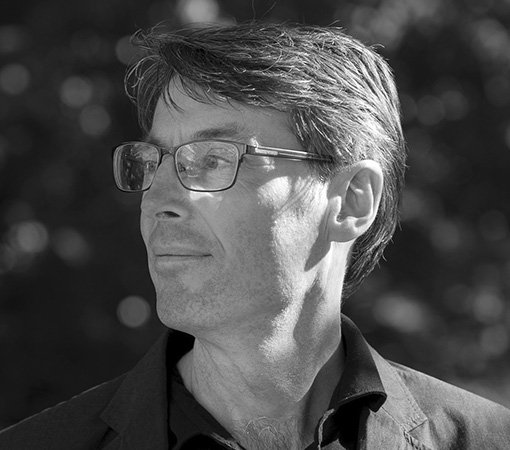
Karsten Zimmermann
Since 2012 Karsten Zimmermann is Professor at the Faculty of Spatial Planning at Technical University of Dortmund where he holds the chair for European Planning Cultures. He is educated as a political scientist and dedicated most of his academic work to the study of cities and regions. From 2013 to 2017 he was the president of the European Urban Research Association EURA, from 2014 – 2018 he was country representative for Germany at the council of the Association of European Schools of Planning AESOP. He is the coordinator of the Master Programme Urban Transformation and was editor in chief of Urban Research & Practice 2019-2024. He is the co-chair of the EURA working group on urban regeneration. His list of publications includes numerous articles, books and edited volumes on metropolitan governance, local government studies, European urban policy, cohesion policy and cities, knowledge and planning and local climate policies. Current research projects focus on comparative metropolitan governance and spatial planning in Germany, Italy and France, innovation in local mobility policies in German cities, national urban policies in Europe, urban regeneration and regional governance of water infrastructures.
ORCID 0000-0002-1023-6055
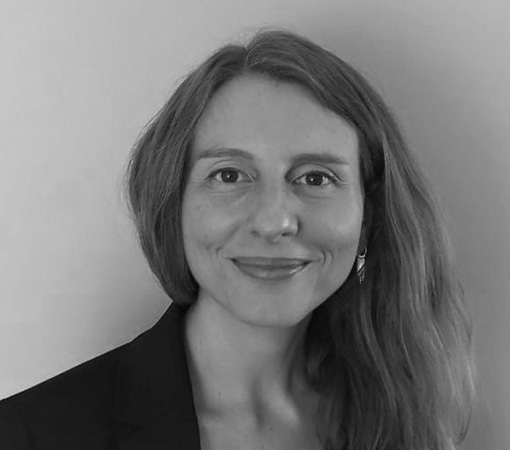
Carlotta Fioretti
Carlotta Fioretti is a researcher specialised in territorial and urban policies. She works as an expert for the European Urban Initiative and as a data scientist for the Joint Research Centre of the European Commission, where she has contributed to numerous research projects to promote sustainable urban development in the European Union. In addition, she also researches and teaches urban policy and planning at several public and private institutions, including Roma Tre University, Cornell University, Sciences Po and Pablo de Olavide University. She has worked as consultant supporting policy-making in urban matters at various government levels, working with local, regional and national authorities.
Her research interests concern urban regeneration, urban policies for migrant inclusion, sustainable urban development, the urban dimension of EU policies, territorial and local development.

Mónica Alcindor
Mónica Alcindor is an accomplished architect and associate professor in the Department of Architecture & Multimedia Gallaecia – DAMG at Universidade Portucalense – UPT, currently directing the Branch of CIAUD Research Centre in Architecture, Urbanism and Design at UPT. Her career blends rich academic and professional experiences, with a focus on architectural heritage and sustainable building practices. Alcindor holds a PhD in Architecture from UPC Barcelona and has contributed extensively to the fields of vernacular architecture and heritage conservation.
For nine years, she led her own architectural studio in Catalonia, where she critically examined the limitations of reductionism in material use. This experience inspired her to approach architectural heritage through a socially-informed lens, emphasizing the importance of integrating social perspectives into heritage conservation. In her current role, she actively engages in international research, contributes to numerous scientific projects, and has received several awards for her innovative work, including the Iberian Prize for traditional architecture research and the Ecoviure Prize for sustainable constructions.

